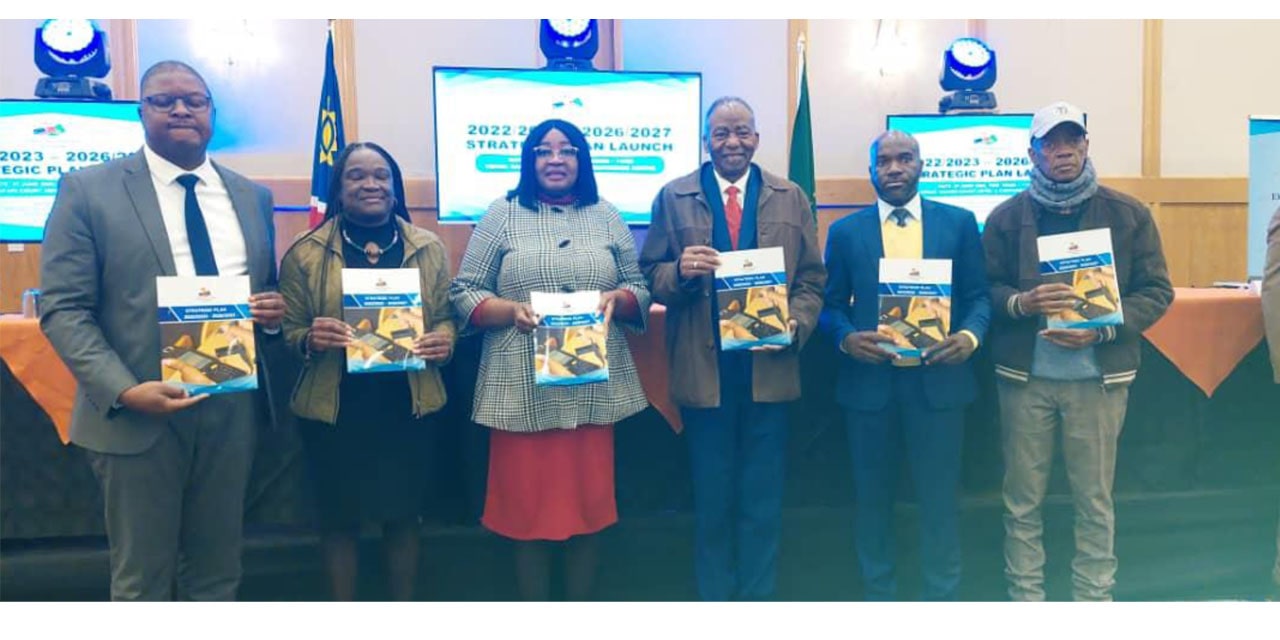Tujoromajo Kasuto
The Electoral Commission of Namibia has set itself a strategic target of increasing voter participation through working with various stakeholders and conduct research in this regard.
Voter turnout has decreased by 36% since 1989.
The objective is detailed in the 2022/2023 – 2026/2027 Strategic Plan.
Since the first democratic elections in 1989, the Presidential and National Assembly Elections, voter turnout ranged between 97.3 percent in 1989 to as low as 60.8 percent in 2019.
The Commission notes that voter turnout in subsequent elections following 1989 has been relatively low, with higher voter turnout only occurring in 2004 in both elections.
While citizen participation and engagement in Presidential and National Assembly elections has been relatively high over the last three decades, the trend for Regional Council and Local Authority Elections show that voter turnout has declined significantly since 1998, with voter turnout falling below 50 percent from 81.1 percent and 82.3 percent in 1992 to 38.3 percent and 43.2 percent in 2020, respectively, the ECN said.
The only exception is that voter turnout in Regional Council Elections increased to 57.5 percent in 2004, which is still relatively low.
The Commission in its latest strategic plan notes that, ‘’the decline in participation is one of the key
indicators of the change in the political and macro-social environment in which the ECN operates and is a cause of concern for all stakeholders in Namibia’s electoral democracy’’.
Furthermore, that participation is an important factor in determining the credibility of election
outcomes, and declining participation indicates voter apathy, particularly in Regional Council and Local Authority Elections.
Thus, the Commission intends, to conduct research, political, and academic analysis during the strategy period in order to identify the factors causing such a high level of voter apathy.
‘’While still enjoying relatively high registration and participation levels for a country with voluntary election participation, Namibia is not alone in witnessing this decline, which is mirrored in many parts of the world,’’ the Commission stated.
Therefore, ‘’ECN will work with international organisations, other electoral management bodies, political parties, organisations/associations, academics, civil society organisations, and other stakeholders to identify opportunities to address this trend, including communication and education initiatives.’’
However, ECN said that the factors influencing voter participation are varied and highly complex and may require significant changes to the socio-economic and political climate.
In his keynote address at the launch of the 2022/2023 – 2026/2027, Strategic plan, the Speaker of the National Assembly Peter Katjavivi stated that he is confident that this Strategic Plan will assist the Commission in better managing electoral processes, planning for change in a systematic approach, adapting processes based on new information, and fostering better communication within and outside the Commission.
The Speaker stated that implementing the strategies and achieving the goals outlined in this
plan will be dependent on the Commission’s strategic foundation, leadership commitment, interactive communications with stakeholders, and strong adherence to core values.
‘’I wish to assure you that the ECN is committed to successfully implementing this plan. However, they alone cannot realise the desired goals or results without the full participation and support of each and every stakeholder. I therefore, appeal to all stakeholders, let’s work together as a collective towards ensuring that ECN with our involvement achieves the objectives, as contained in this Strategic Plan,’’ urged Katjavivi.




